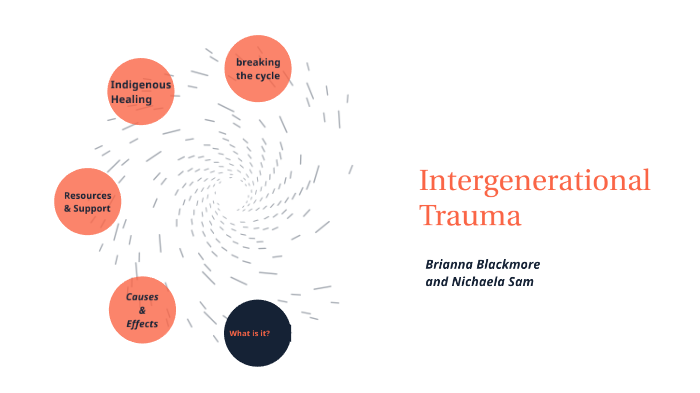
For example, it’s been reported in the 10 years since the Northern Territory Intervention, the average birth weight of an Indigenous child has decreased overall by 600 grams, why is this? We know that US research has shown that racism has a disruptive impact on basic brain stem development in-utero – so is this why our babies are being born at smaller weights? Research has now shown that racism impacts Aboriginal people in the same way as other traumatic events. If the Kimberley was a country it would have the worst suicide rate in the world. Both my family and community have experienced premature deaths from suicide, preventable health issues, grief and inextricable trauma that has been inflicted on them. Throughout our history, my family has suffered from ongoing systemic racism. Unlike many Indigenous families, though, he was permitted to stay with them and became a State child in the care of our family. I suspect they were protecting my Dad from that same fate. They too had been former mission victims and knew the ways of the Native Welfare authorities. My grandfather died in tragic circumstances first, and then my grandmother, in tragic circumstances, soon after.Īs a result, my Dad was collected by family in Katherine and taken to Darwin. My Dad lost his parents when he was 10 years old. He was jailed for loving my jamuny (grandmother/father’s mother). Later, my Anglo grandfather was imprisoned for breaching the Native Administration Act of Western Australia, in that he was cohabiting with my grandmother. Meaning she had not given up her language, culture and traditions and assimilated into a ‘white’ way of living. Part of his reason was that she had not adopted the manner and habits of civilised life. In the late 1940s, a magistrate in the court of Broome refused my great-grandmother's application for a certificate of citizenship (in her own country) under the Native Citizen Rights Act of Western Australia. It read: "Send cask arsenic exterminate aborigines letter will follow." This gives a glimpse into the thinking of the time which of course played out in traumatic and dehumanising ways.īoth my family and community have experienced premature deaths from suicide, preventable health issues, grief and inextricable trauma that has been inflicted on them. In 1907, a telegram from Broome station was sent to Henry Prinsep, the 'Chief Protector of Aborigines for Western Australia’ in Perth.

And, two of those aunties spent a considerable time in an orphanage in Broome, despite the fact they were not orphans. As a result, my grandmother and aunties all finished up in the same mission. My great-grandmother was taken from her father when she was very young and placed in a mission in Western Australia. Our culture was desecrated and we were used for slave labour.

My mob, the Yawuru people from Rubibi (Broome), were often brutally dislocated from our lands, and stripped of our livelihood. We need to face up to the fact that this nation has been built on racism it has been built around Indigenous people being seen as inferior. I get an insight into the real thought processes that underpin this country.īut I grew up feeling the shame other people made me feel for being Aboriginal and hating myself, because people constantly convinced me that I should.

At times, non-Indigenous people have felt the freedom and comfort to be openly racist because they think I’ll be a comrade in their hate. I have not experienced the type of racism my darker-skinned family members have. Purely because of the colour of my fair skin, I have lived a much more privileged life than my Dad and my extended family. It’s about our culture, our traditions, our connection to Country and community, our ancestors and the long history that creates collective but diverse identities.īut, I have to speak the reality.
#Intergenerational trauma skin
I am a Yawuru woman.īeing Aboriginal is more than the colour of your skin or the blood that runs through your veins. Hello, how are you all? My name is Shannan Dodson. Students with accessibility requirements.Short course and microcredential participants.International Studies and Social Sciences.


 0 kommentar(er)
0 kommentar(er)
